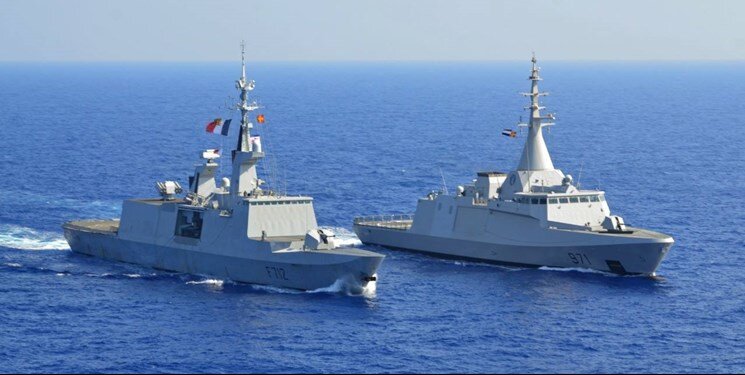In an interview with the website of the Strategic Council on Foreign Relations, Javad Kachoueian referred to the remarks of the British Secretary of State for Defence regarding the strengthening of his country’s military presence in the Persian Gulf and said: The United States is on the verge of changing its 75-year strategy toward Riyadh and the Middle East region, and since the US priority is East Asia and containment of China, presumably presence of this country in the Persian Gulf will likely be reduced and this will further provide for the possible presence and role-playing of the Europeans in this region.
He called the victory of Joe Biden, the Democratic nominee, as the president-elect of the US important in changing some of the US policies in the Persian Gulf, and added: With Biden in the US presidency, the concomitance of the US with Europe would be furthered once again and their competition in the Persian Gulf would be lessened. However, it should be noted that in any case, the attempt to form a European coalition in the Persian Gulf and not joining the US military coalition indicates that the EU does not intend to be under the US umbrella.
Europe’s Attempt to Replace US in the Persian Gulf
The former Iranian ambassador to Ireland, referring to Trump’s order for the withdrawal of hundreds of US troops and navy from the Persian Gulf, said: If the US intends to reduce its presence in the region, other countries, such as Russia and China, intend to be present in the Persian Gulf. Therefore, other countries will do the same, but the Europeans, with regard to their colonial background, are trying to replace the US and have a greater presence in the region in line with their own interests.
Explaining the policies of some countries on the southern shores of the Persian Gulf in support of the US presence in the region and the purchase of weapons from that country, Kachoueian continued: Certainly, the priority of the southern Persian Gulf states is to cooperate with the US rather than countries such as Britain and France. In any case, they must realize that collective security cooperation will benefit all in the region.
Reduced US Presence in the Persian Gulf after Biden Victory
According to the Iranian diplomat, with the presence of Biden as President, the Americans will reduce their presence in the Persian Gulf region, and this provides an opportunity for the possible abuse of the Europeans to restore their presence in the region once again. This opportunity is especially important for Britain, which has left the European Union, to regain its regional and global power and strengthen its influence and presence in various parts of the world, especially in the geopolitical regions. Of course, countries that have a sound understanding of the developments would not let them enter the region.
With regard to the consequences of the possible strengthening of the British-French presence in the Persian Gulf, Kachoueian pointed to the disclosure of Bahrain and the UAE relations with the Zionist regime and its consequences and stressed the need for Iran to pay attention to the strengthening of relations with the neighbours, adding that perhaps Trump’s quitting would be an opportunity for Iran to quickly improve its relations with its neighbours while paying attention to the regional developments.
He added: Iran, after China, has the largest number of neighbours in the world. We should have a special and strategic relationship with each of our neighbours and form a 15 + 1 alliance with our neighbours so that we can take a fundamental and serious measure with them. Therefore, under this situation, one of the basic and strategic priorities of our foreign relations should be to improve and develop relations with our neighbours.










0 Comments